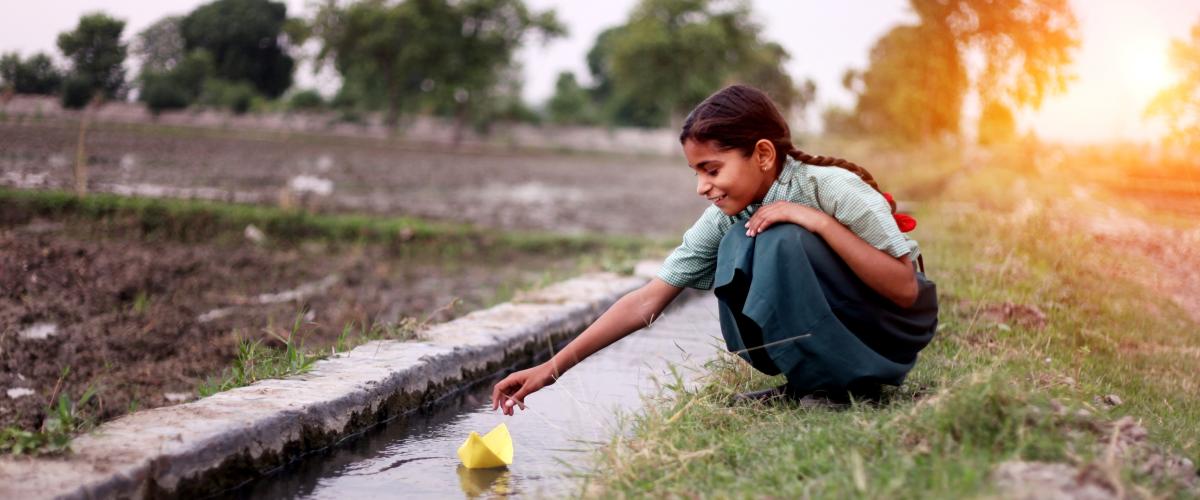
News
A study titled Ukraine: Impact of the War on Agriculture Profitability was recently conducted by the Ministry of Agrarian Policy and Food of Ukraine, in cooperation with the Ukrainian Agribusiness Club (UCAB) and with the support of GFDRR. The Ministry highlighted the study in a news release. A key finding of the study is overall, profitability levels for grains and oilseeds in Ukraine improved in 2023 compared to 2022, but low global prices prevented the industry from achieving tangible profitability.
This podcast on BBC shares how in Japan, automated drones are being developed to mitigate the risks posed by tsunamis and earthquakes.
Mary Boyer, disaster risk management specialist at GFDRR, sheds light on how Dominica is bolstering its early warning systems, with an eye to saving lives and livelihoods when the next hurricane strikes.
The Averted Disaster Award, an innovative competition that brings visibility to successful disaster-risk-mitigation interventions around the world, will announce its 2023 winners at the 11th Global Dialogue Platform on Anticipatory Humanitarian Action. The award ceremony on day three of the conference will include a documentary film about the winners.
A new joint assessment released today by the Government of Ukraine, the World Bank Group, the European Commission, and the United Nations, estimates that the cost of reconstruction and recovery in Ukraine has grown to US $411 billion (equivalent of €383 billion). The estimate covers the one-year period from Russia’s invasion of Ukraine on February 24, 2022, to the first anniversary of the war on February 24, 2023. The cost of reconstruction and recovery is expected to stretch over 10 years and combines both needs for public and private funds.
The earthquakes that hit Turkey and Syria last month caused about $5.1 billion in direct physical damage in Syria according to a World Bank assessment which was supported by GFDRR, Reuters reported. The assessment used the Global RApid post-disaster Damage Estimation (GRADE) methodology.
